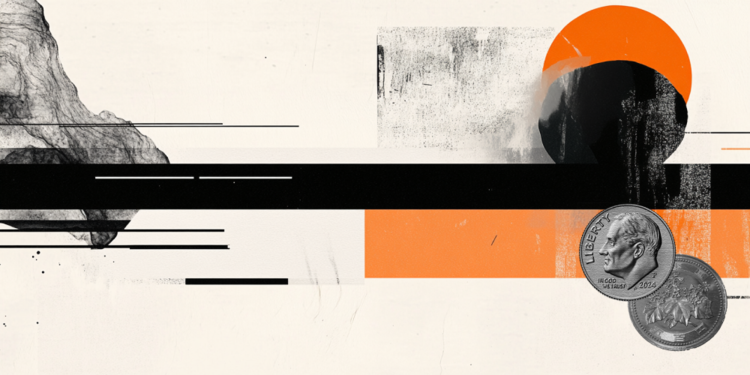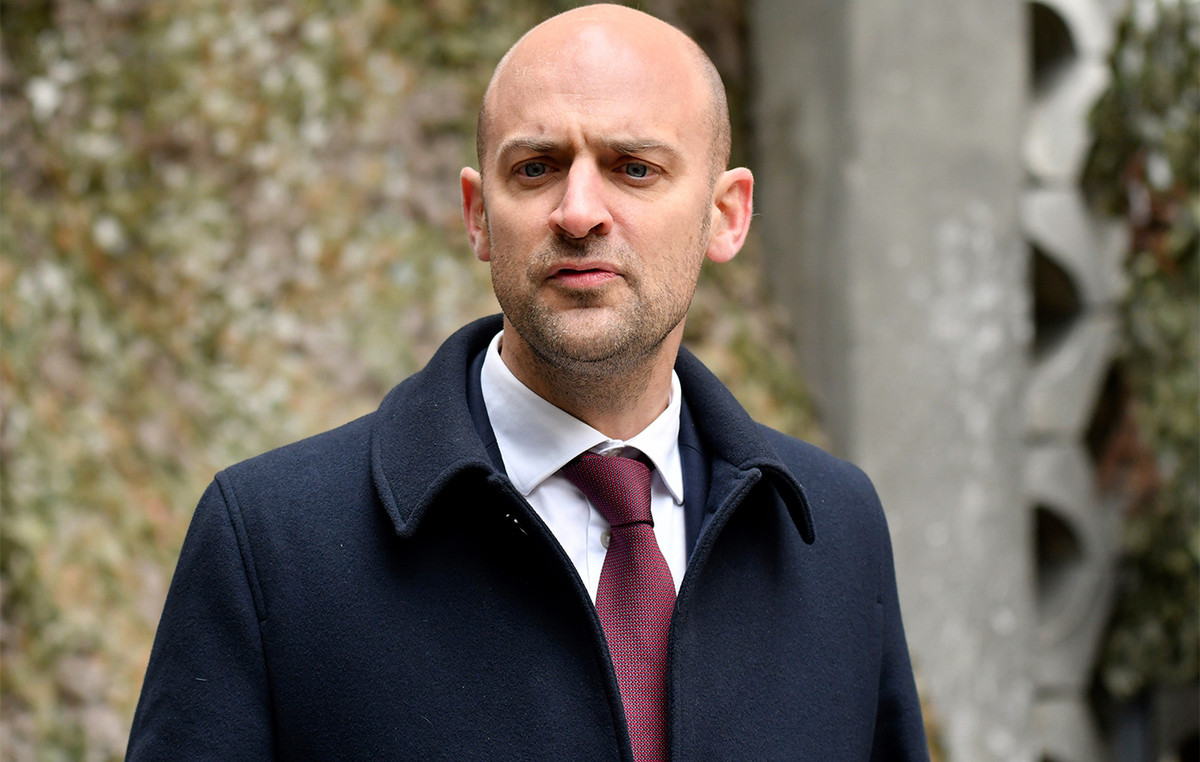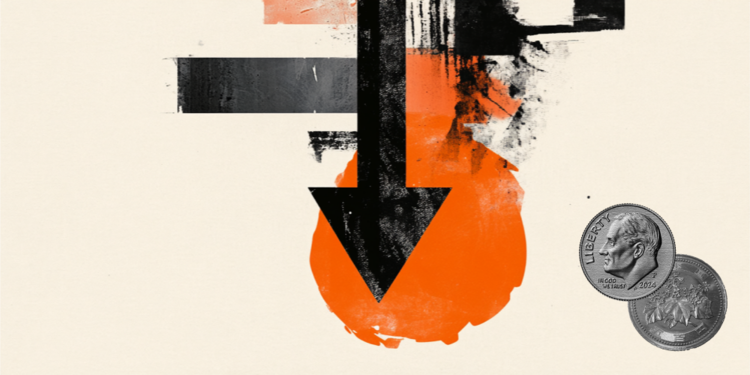Italy has not joined the European declaration against homophobia and for the promotion of European policies in favor of the LGBTQIA+ community.
The declaration – prepared on the occasion of the World Day against Homophobia, Transphobia and Biphobia on 17 May – was presented by the Belgian presidency to the EU member countries, but it was not signed by 9 out of 27 statesincluding Italy.
In addition to Italy, Hungary, Romania, Bulgaria, Croatia, Lithuania, Latvia, the Czech Republic and Slovakia have not signed.
The reasons why Italy did not sign the European declaration against homophobia
According to sources from the Ministry of the Family, reported by AnsaItaly's decision would have been taken because «it was actually unbalanced on the identity of typeso it basically follows the content of the Zan law».
The no came despite the fact that Italy, last May 7, had joined the declaration with which European countries “commit to implementing national strategies for LGBTIQ+ people” as well as supporting the appointment of a new commissioner for equality in sight of the next commission. The new choice would therefore have been made by the government days ago, but it only became public on the International Day against Homophobia.
The reactions of Italian politicians
Own Alessandro Zan, interviewed by the Corriereunderlined the inconsistency of the Meloni government which: «on the World Day against Homophobia and Transphobia declares that it is doing everything possible to eliminate all forms of discrimination».
No inconsistency according to the Minister for the Family, Eugenia Roccellawho declared that «the Italian government is at the forefront against any discrimination around the worldwherever it comes from, while the left uses the sacrosanct fight against discrimination linked to sexual orientation as a fig leaf to hide its true objective, namely gender.”
Comments that immediately received replies from the opposition. «What anger and what shame this government that decides not to sign a declaration for European policies in favor of LGBTQI+ people. It is not acceptable” he said the secretary of the Democratic Party Elly Schlein. “This government, which signed last year, did not do so this year to campaign against discriminated people.”
«Once again the Meloni government has not missed the opportunity to demonstrate its nature and reveal what its natural alliances are», said the foreign affairs manager of Italia Viva, Ivan Scalfarottospeaking of an «unholy choice that undermines the international credibility of our country, associating it with nations where rights have always been denied and the rule of law suffers».
Criticism of the government also come on 5 stars: «Giorgia Meloni feels obliged to say that the fight against homophobia is a priority for the institutions, Tajani flaunts an alleged commitment by Italy against homotransphobia. But then we learn that Italy has not joined the declaration for the promotion of European policies in favor of LGBTQIA+ communities. They really don't know shame,” says the M5S deputy Gaetano Amato.
What is written in the declaration
In the declaration States are asked to:
– reaffirm their commitment to promoting equality and preventing and combating discrimination, in particular on the basis of gender identity, gender expression, sex and sexual orientation;
– further advance the legal protection and recognition of fundamental rights of LGBTIQ people and fully ensure non-discrimination in all areas of life and the full application of EU legislation.
– remain committed to countering the spread of misinformation and the exploitation of LGBTIQ people.
– further strengthen the protection of LGBTIQ people, both online and offline, from all forms of hatred, discrimination and violence, including the ban on 'conversion practices';
– commit to continue supporting the work of social acceptance of LGBTIQ people as a key element in countering the growth and influence of the anti-LGBTIQ movement, which undermines the full enjoyment of human rights for all;
– further ensure equal access to health services for LGBTIQ people, taking into account their specific needs;
– provide a legal status for same-sex couples, in application of the jurisprudence of the European Court of Human Rights;
– continue to protect and support civil society and human rights organizations fighting for the rights of LGBTIQ people;
– adopt and/or update national action plans and implement strategies to ensure equality of LGBTIQ people within the jurisdiction of Member States, in line with the «Strategy for LGBTIQ Equality» and the «Guidelines for strategies and rights of LGBTIQ people”;
– commit to continue collaborating within the LGBTIQ Equality Subgroup responsible at a high level for the implementation of the Strategy for LGBTIQ equality, non-discrimination, diversity and the fight against violence and hate crimes;
– support the reappointment of an Equality Commissioner in the new Commission who will continue to focus on and support the EU's commitment to inclusion and equality for all, with a specific focus on gender issues.
Source: Vanity Fair
I’m Susan Karen, a professional writer and editor at World Stock Market. I specialize in Entertainment news, writing stories that keep readers informed on all the latest developments in the industry. With over five years of experience in creating engaging content and copywriting for various media outlets, I have grown to become an invaluable asset to any team.







